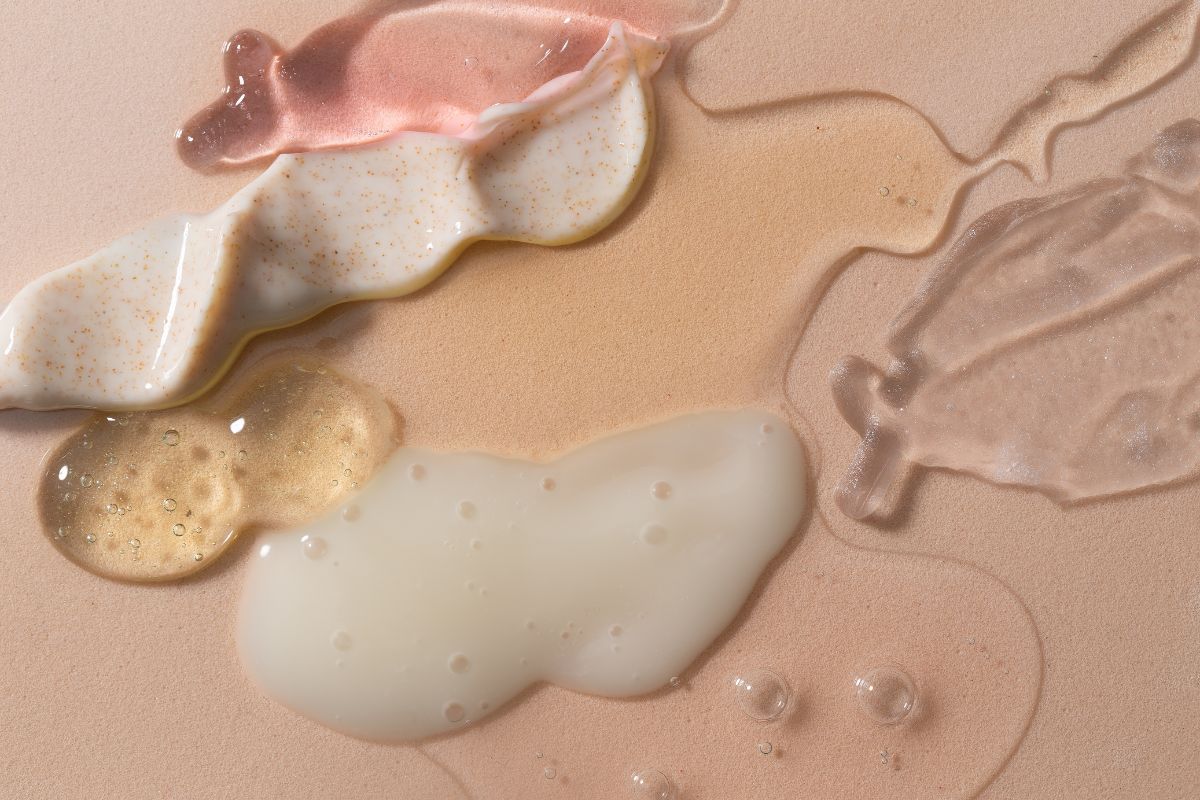About Specialty Skincare
Skin care is an important part of facial rejuvenation. Specialty skin care products contain biologically active ingredients and are commonly known as “Cosmeceuticals”. Although they do not require a prescription, they are sold by medical practitioners and can profoundly affect skin function. These products promise and deliver skin benefits that enhance skin health and appearance. There is evidence that people are viewed as more attractive and youthful when the skin is clear, even toned, and free of disease. Cosmeceuticals can be used in addition to, or as alternatives to, more invasive medical treatments and can enhance the effects of laser treatments and microneedling.
Cleansers
Cleansing the skin results in removal of sweat, oil, dead skin cells, environmental debris, and microorganisms. Cleansers vary with respect their ingredients depending on whether you have dry, normal, or oily skin. There must be a balance between removing debris and minimizing damage to the skin barrier function which is found in medical grade cleansers.
Scrubs and Polishes
These work to both cleanse and exfoliate. The particles are massaged into the skin to dislodge dead skin cells and improve smoothness and softness of the skin. They can increase skin luminosity and radiance. Exfoliators should not be used daily as they can cause sensitivity and skin barrier damage if used too aggressively.
Skin Brighteners
Ingredients such as liquorice extract help to disperse pigment in the skin and Vitamin C reduces melanin production. These are just some of the ingredients found in skin brightening products. Hydroquinone is a powerful treatment for dyspigmentation, but it must be used cautiously under the guidance of a medical professional.
Peptides
Peptides are small building blocks for protein that function as cell messengers, activators of enzymes and regulators of protein production. They penetrate the skin to increase collagen, elastin, and sugars leading to firmer and more youthful looking skin. Some peptides can cause relaxation and smoothing of the skin leading to softening in visible fine lines and wrinkles. They also absorb water causing increased hydration of the skin.
Vitamin A (Retinoids)
Retinoids are powerful antiaging products. They regulate the growth of skin cells, promote collagen production, reduce oil production, and cause exfoliation. These properties can reverse photodamage and result in smoother, brighter and more even toned skin.
Vitamin B3 (Niacin)
Vitamin B3 can help reduce oil production and inflammation and increase collagen and elastin production. It improves the skin tone and redness and reduces pigmentation and fine lines and wrinkles.
Vitamin C (L-ascorbic acid)
Vitamin C is an important antioxidant that mops up free radicals and helps defend against environmental triggers. It has some mild sun protecting abilities as well as skin lightening properties. It is light and oxygen sensitive so must be stored in special packaging.
Vitamin E
Is an antioxidant that can improve moisturization and smoothness of the skin. It provides mild UV protection when used with Vitamin C in addition to its free radical quenching abilities.
Antioxidants
Antioxidants provide protection and help to repair DNA damage caused by free radicals in the skin. Vitamin C and E as well as certain plant extracts are added to cosmeceuticals to provide antioxidant properties.
Growth Factors
Growth factors combat signs if skin aging by stimulating collagen and collagen remodelling and aid in tissue regeneration and wound healing. They reduce the appearance of fine lines and wrinkles as well as improve skin firmness and elasticity.
Alpha hydroxy acids (glycolic acid)
Antioxidants provide protection and help to repair DNA damage caused by free radicals in the skin. Vitamin C and E as well as certain plant extracts are added to cosmeceuticals to provide antioxidant properties.
Sunscreen
Harmful effects of ultraviolet (UV) light are well known and include skin cancer, pigmentation, inflammation, skin thinning and sagging. Photodamage is the most important cause of premature skin aging. Protection from UV light with the daily application of sunscreen regardless of weather is an important step in prevention of further damage. Recently, blue light (high energy visible light HEV) has been found to induce skin damage by production of free radicals. It also has been found to cause premature skin aging, pigmentation and to disrupt normal sleep cycles. Blue light is emitted from computers, phones, televisions so exposure can be during the day as well as the night. HEV protection is an important factor in skin appearance.
